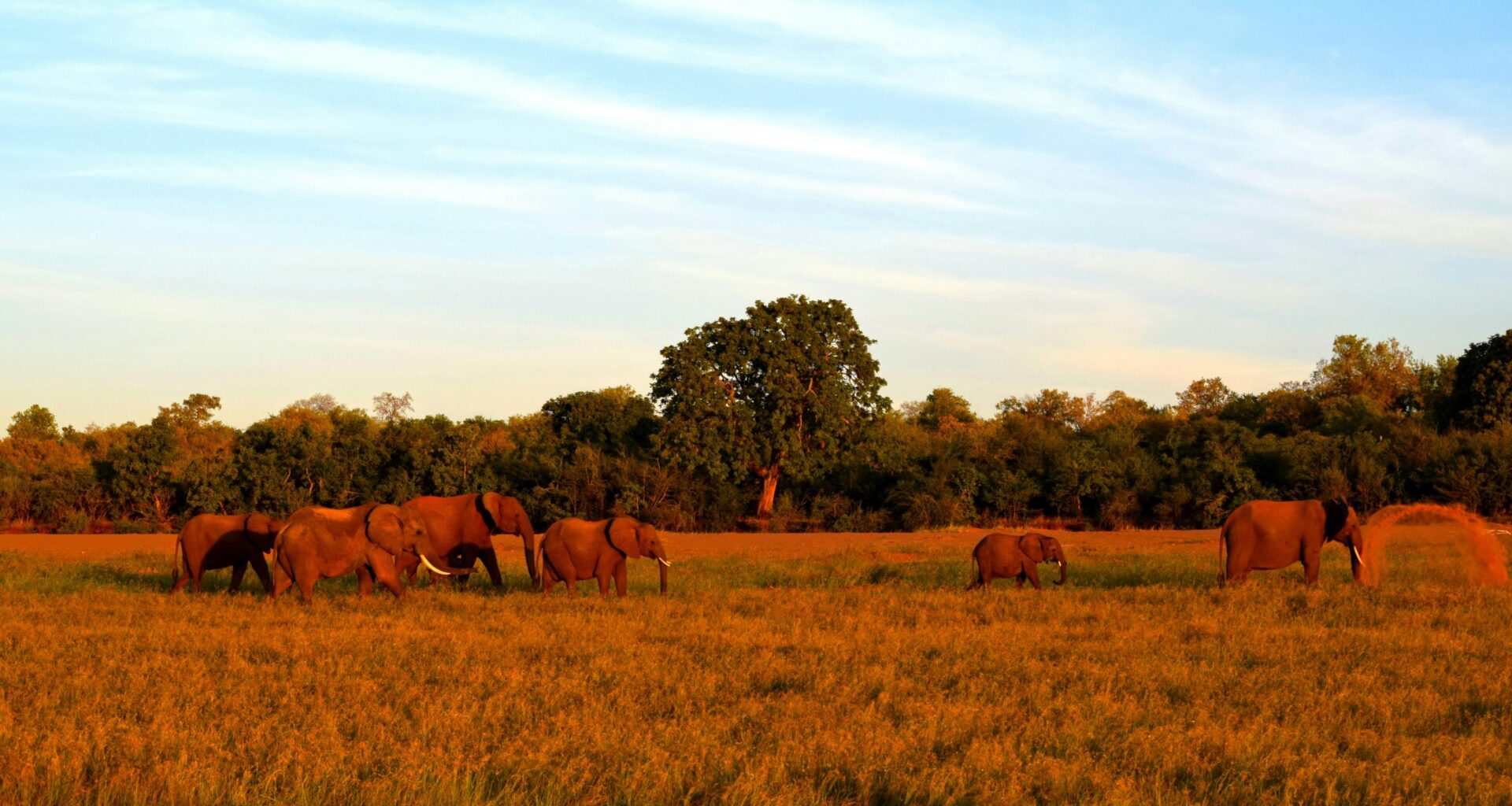Two years after suspending the controversial Kariba REDD+ project in northern Zimbabwe, Verra has wrapped up a comprehensive review of the initiative, seeking compensation for an excess and invalid portion of credits issued by project developer Carbon Green Investments (CGI).
Presented as an initiative focused on reducing deforestation and forest degradation in the region around Lake Kariba in Zimbabwe, this project secured numerous carbon credit sales contracts with leading brands like Gucci, Volkswagen, Nestlé, and Greenchoice, who used these transactions to offset operational emissions.
The project was launched over a decade ago as a joint effort between Swiss CO2 credits broker South Pole and CGI, a company run by Zimbabwean businessman Steve Wentzel.
Media outlets and carbon market experts have long pointed towards this initiative, putting in question its carbon accounting and signaling its failure to deliver promised benefits, highlighting that the project as a whole seems to be overstating its climate performance.
Following a Project Kariba investigation published by The New Yorker magazine towards the end of 2023, Verra suspended this initiative, launching an internal review of its own.
«Carbon credit ratings must be independent,» Sebastien Cross, BeZero co-founder
Around that time, South Pole walked away from Kariba, leaving CGI in charge of the REDD+ project, which is reported to have generated more than $100 million in revenue since its market debut.
Verra’s thorough, two-year-long investigation on Project Kariba found that 57% of its approximately 27 million credits were issued “in excess.”
According to Verra’s assessment, the actual deforestation in Project Kariba’s reference area selected by its developers to forecast the project’s CO2 conservation capacity was “significantly lower” in reality than what was initially estimated.
Other studies from independent agencies have stated that by exaggerating the forest risks in this area, the project may have actually produced 30 times more credits than it should have done.
Relevant: South Pole CEO Steps Down Following Controversial Project In Zimbabwe
In this regard, Verra announced that even though it finds these excess credits worthless, they will remain valid for the buyers who purchased them. However, as compensation, the registry has requested that CGI buys and cancels an equivalent number of credits from other projects.
As shared by Climate Home News, CGI has replied positively to Verra’s compensation request, without providing specific details on further action.
In an online statement, CGI did share that it had asked Verra for a “moratorium” on the compensation process until the company can review the registry’s CO2 assessment.
For the nearly 5 million Karbia credits that have been sold but not yet used as offsets, Verra has encouraged the buyers to voluntarily eliminate those credits, clarifying that this volume would be counted towards the compensation request.
While the industry awaits to see the further development of this situation, Project Kariba has triggered reactions from relevant industry stakeholders who raise concerns over the lack of concrete procedures, consequences, and action deadlines in cases like these, pointing to worrisome liability uncertainties in these kinds of scenarios.
Read more: The ICVCM Approves Three REDD+ Methodologies

